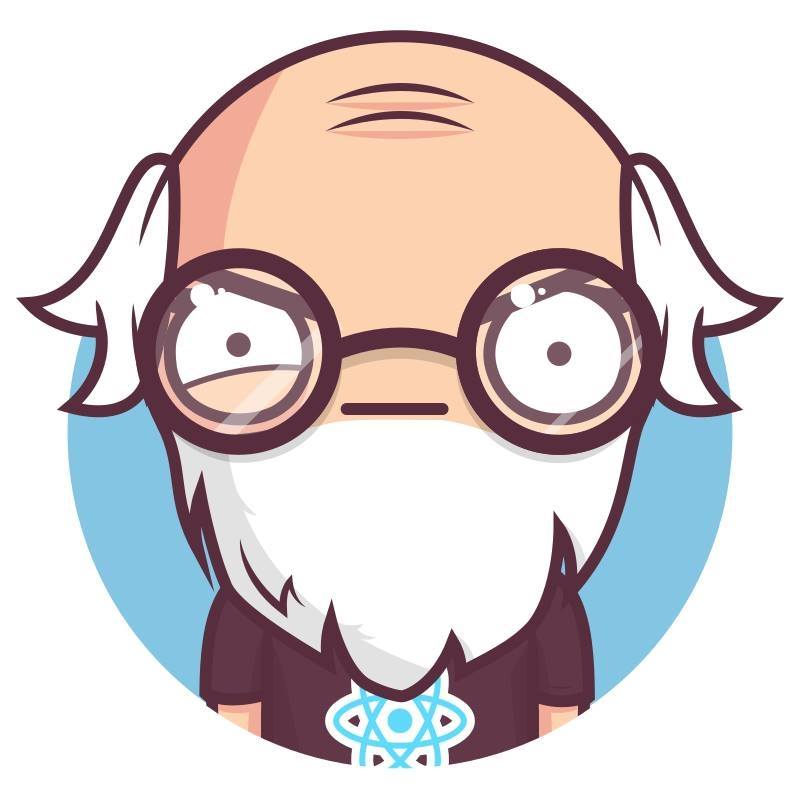D&D is an RPG, and what you're actually challenging here is not the mechanics of D&D, it is a core component of the concept of role playing - that you are filling a role.
Filing a role means pretending to be something YOU are NOT. To fill that role, you must pretend, ideally to the best of your ability, to be that other thing. This means trying to find ways to be better at things than you might be, and also restricting yourself in areas where you competency exceeds that of your character. That placement of yourself in other shoes is one of the reasons why it is used in therapy.
The rules of the game, as well as your storytelling during character creation (and that of the DM) define the character that you are pretending to be.
There are a lot of games where you do not play a role, but you still hack and slash. Gloomhaven, for example, is not a role playing game, but it has a mechanical base with parallels to D&D. It is a place to really get into optimization and using your own wiles.
Is it wrong to ignore the limitations of a role and just "be yourself" in the game? Yes and no. If you're having fun, you're doing something right ... but it isn't playing your role, generally, and thus it is not role playing 'right'. If I make a great lasagna, and enjoy it, it may be a wonderful thing - but it isn't pizza. If I call it a wonderful pizza, I am wrong - but that doesn't mean it wasn't good. If I have fun in a hack and slash fest with no character development and everyone is just going hack and slashing with no regards to personality or goals of the characters - it may be fun, but it is not, by definition, role playing.
Ah, but what if the character I design is intended to be me in a fantasy setting? Well, if that is the character you built with the DM, yes, that is you role playing you in a fantasy setting. I still think it misses the beauty of role playing in a game like D&D, but on a technicality, that is still role playing. In other games, it is the goal of the role playing game - like when I run a game of Dread and weave the players into a ghost/horror story, it is perfectly the goal of that game. It just generally is not the goal of D&D to play ourselves in another world.



